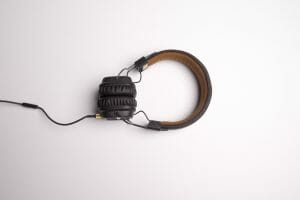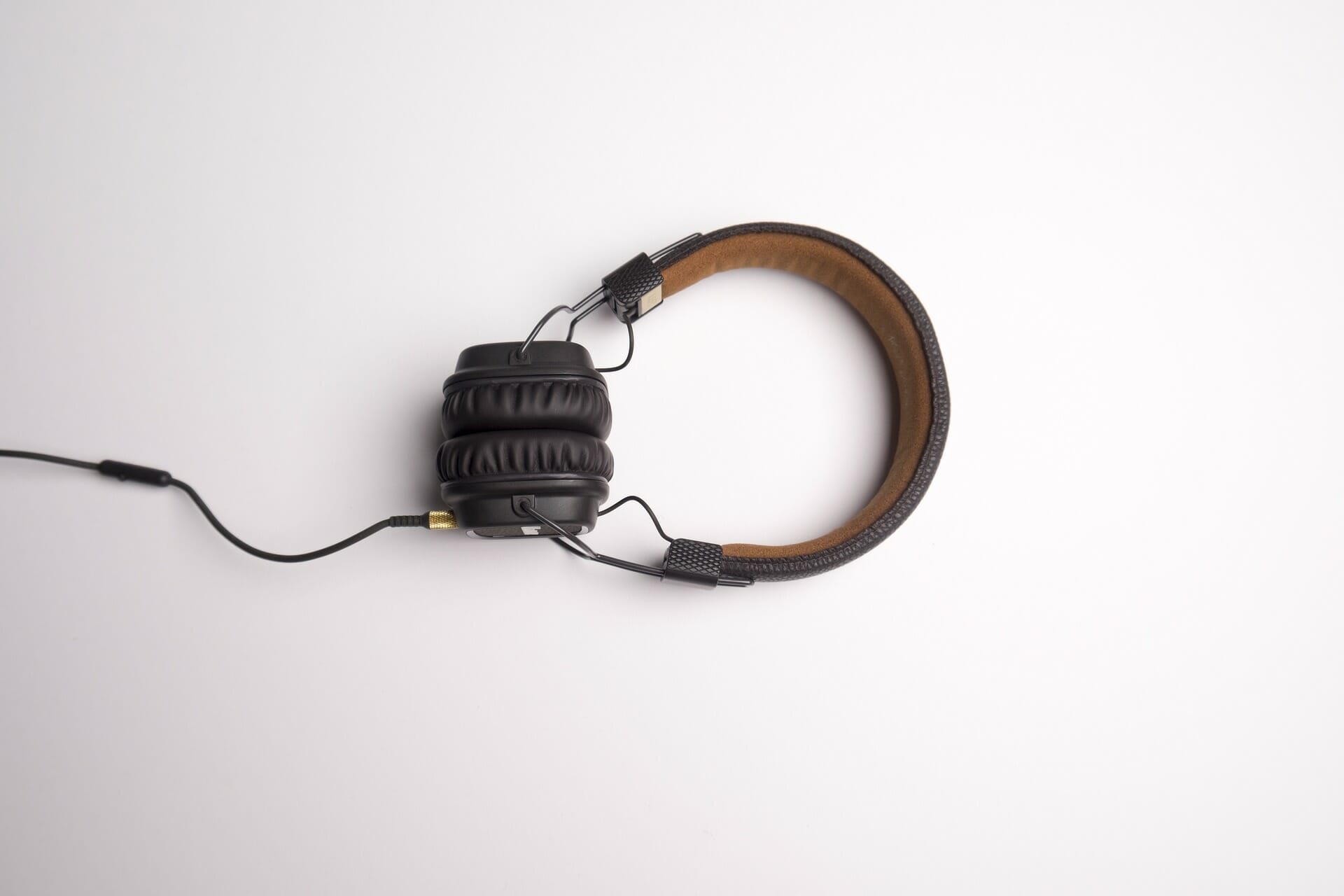Protect Your Hearing as a DJ: 5 Essential Tips
Hearing is the most important tool for a DJ. Ironically enough, it’s also the thing that’s most prone to damage while we’re at work – as clubs are pretty loud environments, and a DJing career means you have to be in those loud environments for hours on end, several days a week. Whether you’re serious about pursuing a career as a DJ or just don’t want to lose your hearing over some nights spent mixing at the club for fun, this article is for you. Remember, hearing loss is permanent in 95% of cases – so it’s always best to protect your hearing instead of relying on treatment. So, what can you do in order to keep your ears healthy as a DJ?
Table of Contents
1. Wear earplugs
 Earplugs are essential during long mixing sessions in the club. I’d even recommend casual club goers to invest in a pair – they’re not that expensive, but they will save you thousands in medicine and doctor appointments in the long run. You can get a pack of those twisty foam ones for under ten bucks, or splurge twenty or thirty on a pair of proper silicone ones. Whichever you end up going with, remember to wear them at all times when in the club – and don’t worry, you’ll still be able to hear the surroundings just fine.
Earplugs are essential during long mixing sessions in the club. I’d even recommend casual club goers to invest in a pair – they’re not that expensive, but they will save you thousands in medicine and doctor appointments in the long run. You can get a pack of those twisty foam ones for under ten bucks, or splurge twenty or thirty on a pair of proper silicone ones. Whichever you end up going with, remember to wear them at all times when in the club – and don’t worry, you’ll still be able to hear the surroundings just fine.
2. Break the exposure to noise
No matter how much you love mixing and clubbing in general, you need to give your ears a break. Try to go out for a while after your set and let your ears rest. Try to not subject yourself to loud music the morning/day after – so that your ears get plenty of rest and are ready for another night at the venue.
3. Learn to read symptoms
You know that ringing you get in your ears after a concert or a night out in the club. I’m sure you do, but here’s the important stuff you need to know. If the ringing goes away in 12 hours or less, there’s no need to worry about it, but if it stays for more than a day, you might need to see a doctor about it. Ear ringing that doesn’t go away might mean permanent hearing loss (to some extent) or tinnitus, both of which call for medical care.
4. Turn down the monitors between sets
Our ears are programmed to get accustomed to frequencies – in better words, what seemed extremely loud 10 minutes ago will sound normal now, and will start seeming quieter as time goes by. As a Dj, your natural reaction would be to turn up the volume once that happens – but if you do that, you’ll be reaching dangerous frequencies in no time. Turn the monitors down between sets, and turn them up to max acceptable level once getting back behind the deck – your ears and your crowd will thank you.
5. Don’t overdo it
Might sound a bit superfluous here, but you must learn to limit your exposure to loud environments as much as possible. Mixing 2-3 nights a week is okay, but don’t put your ears through 5+ nights of mixing – even earplugs won’t be able to do much in that sense. Just do everything in moderation – you don’t want to risk your health and career over money from random gigs.

